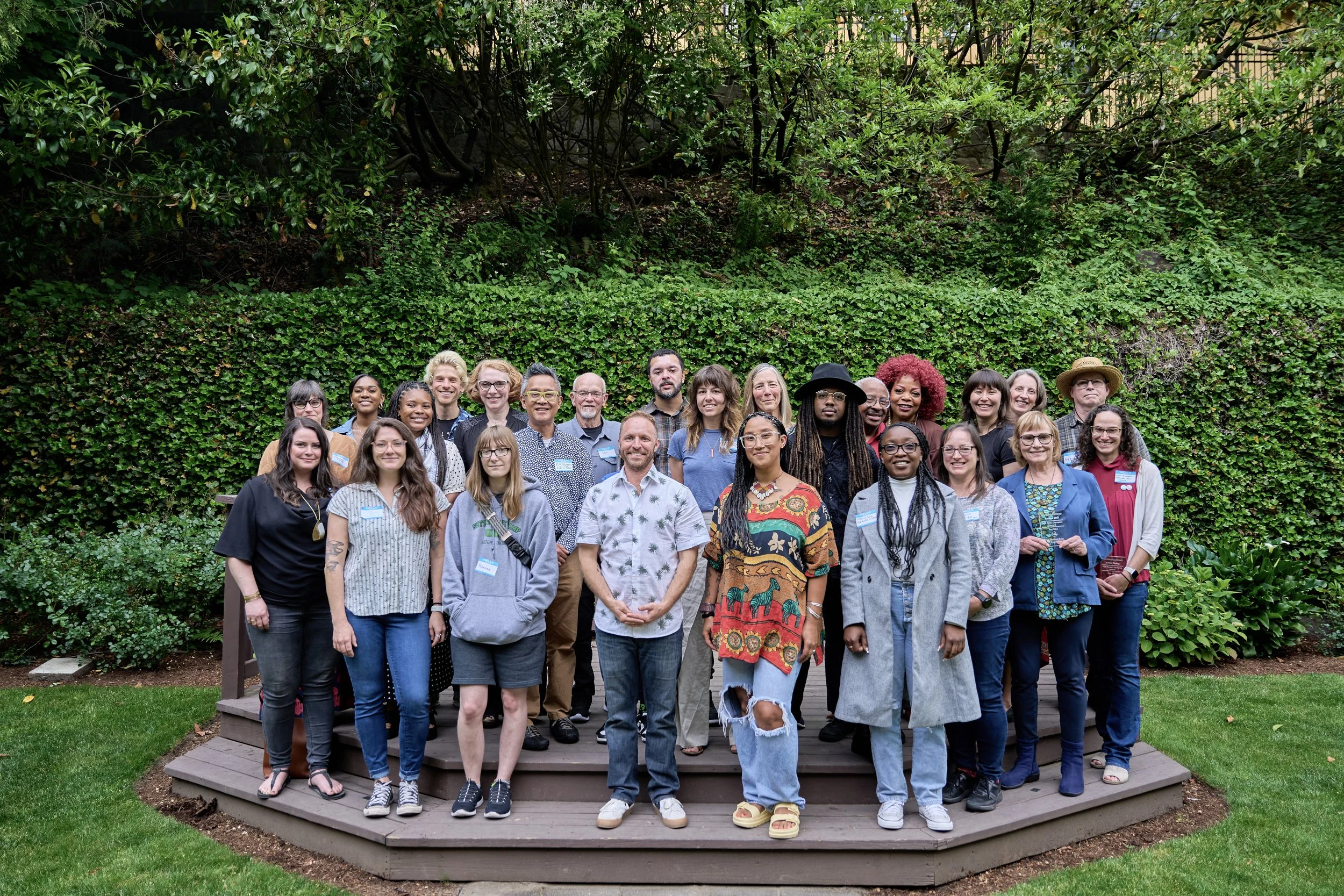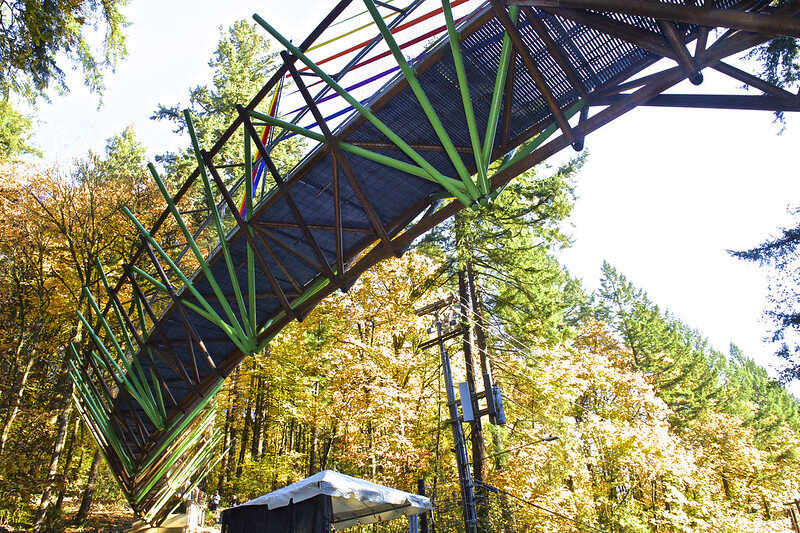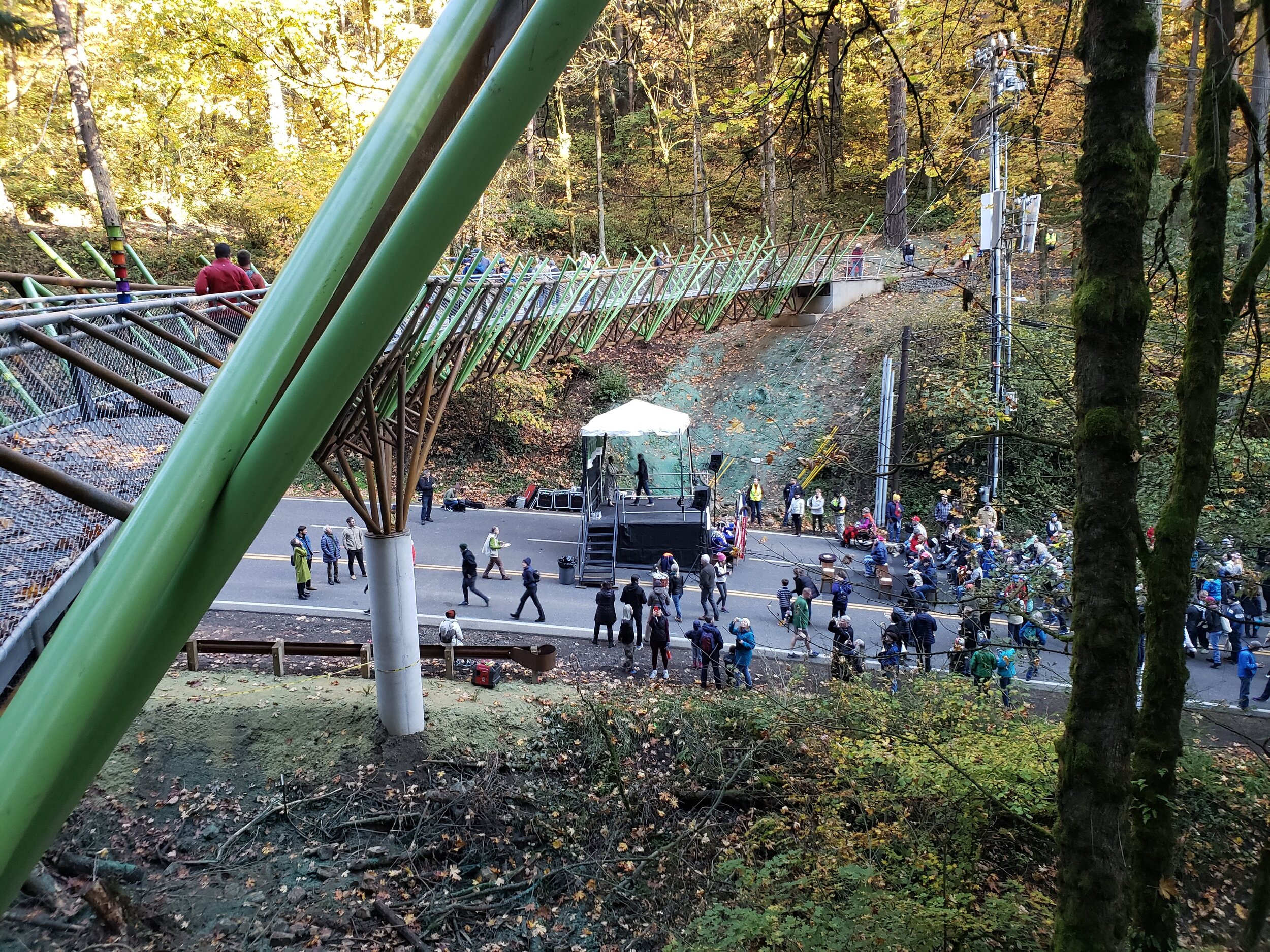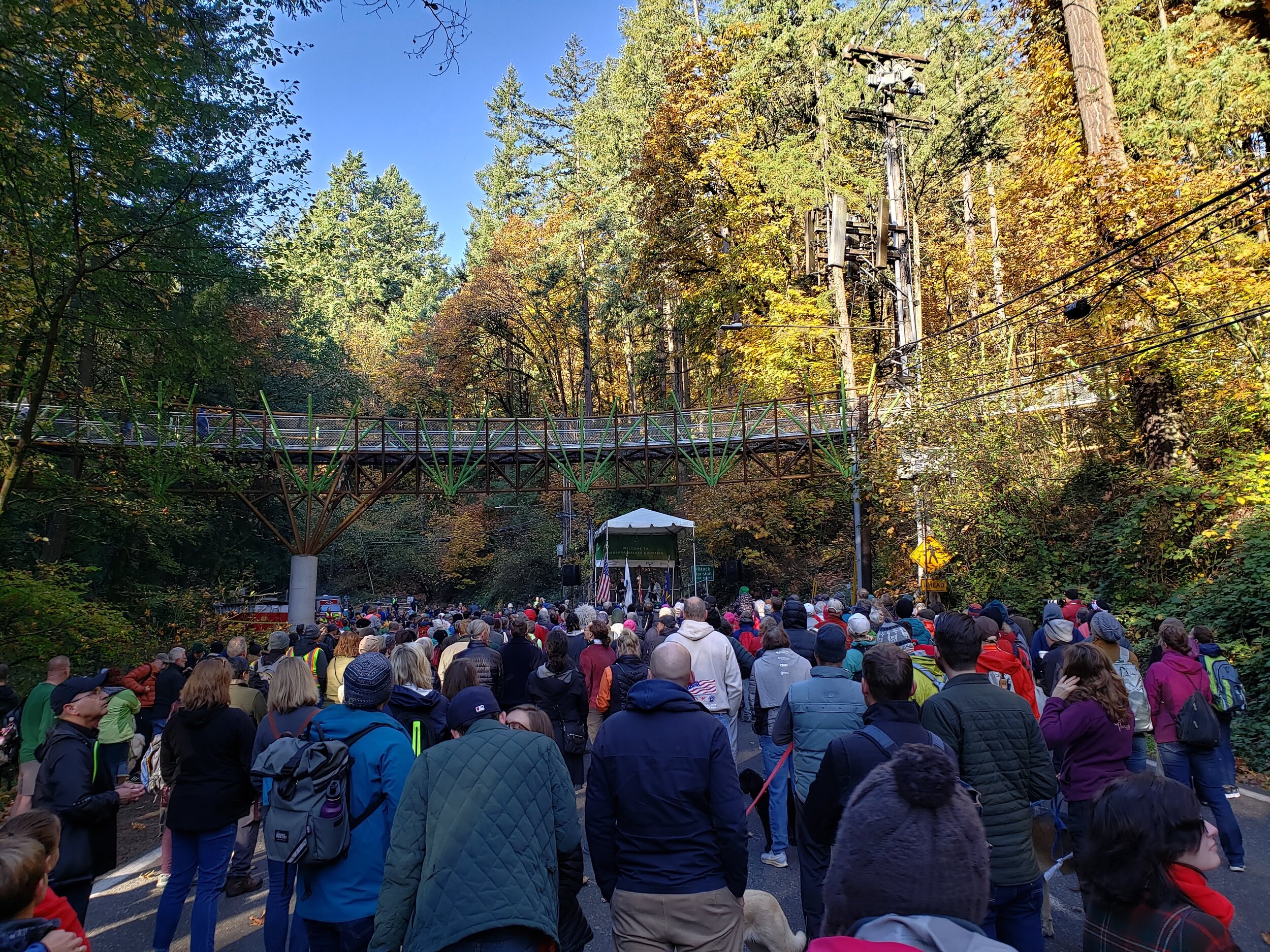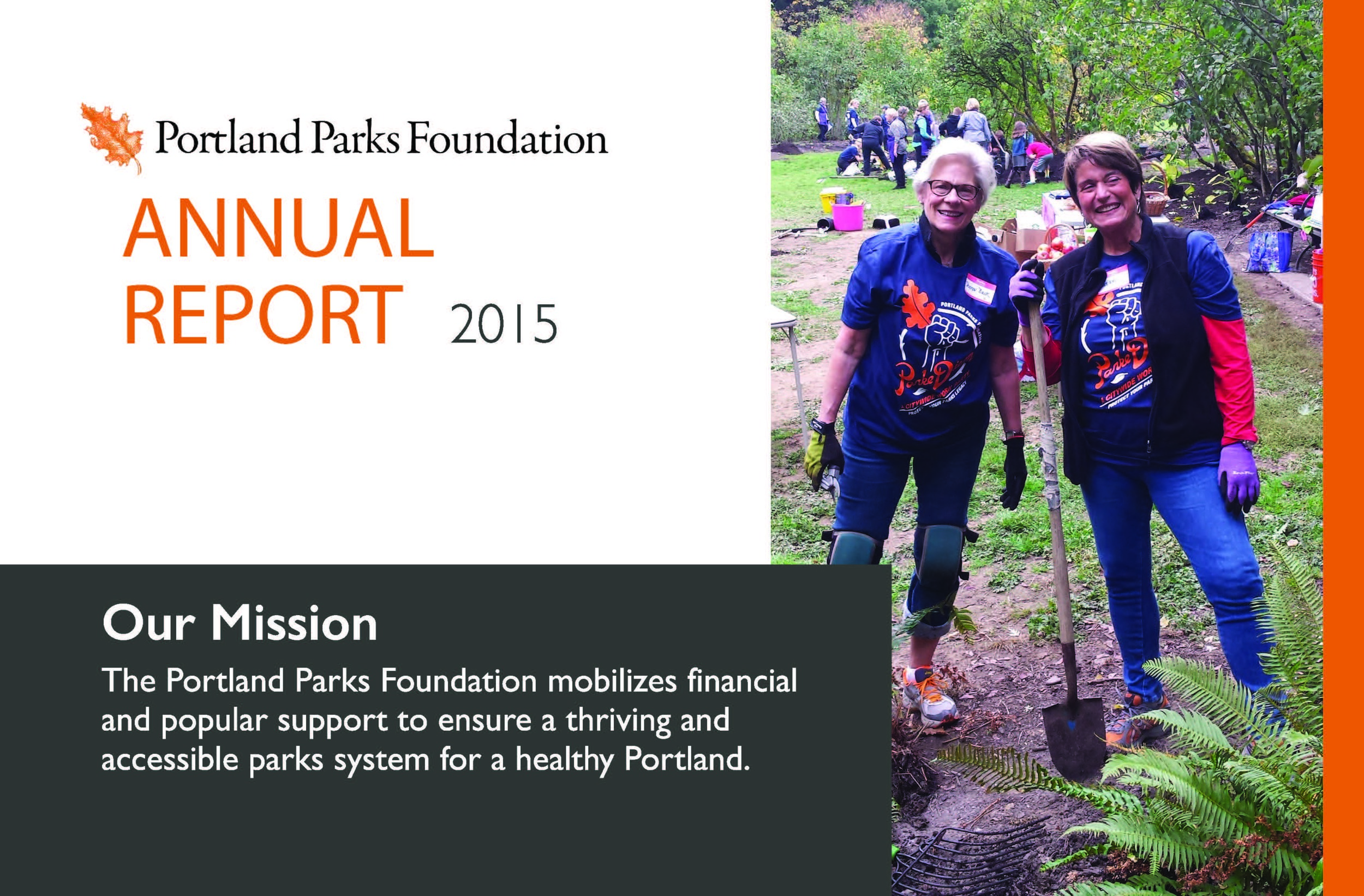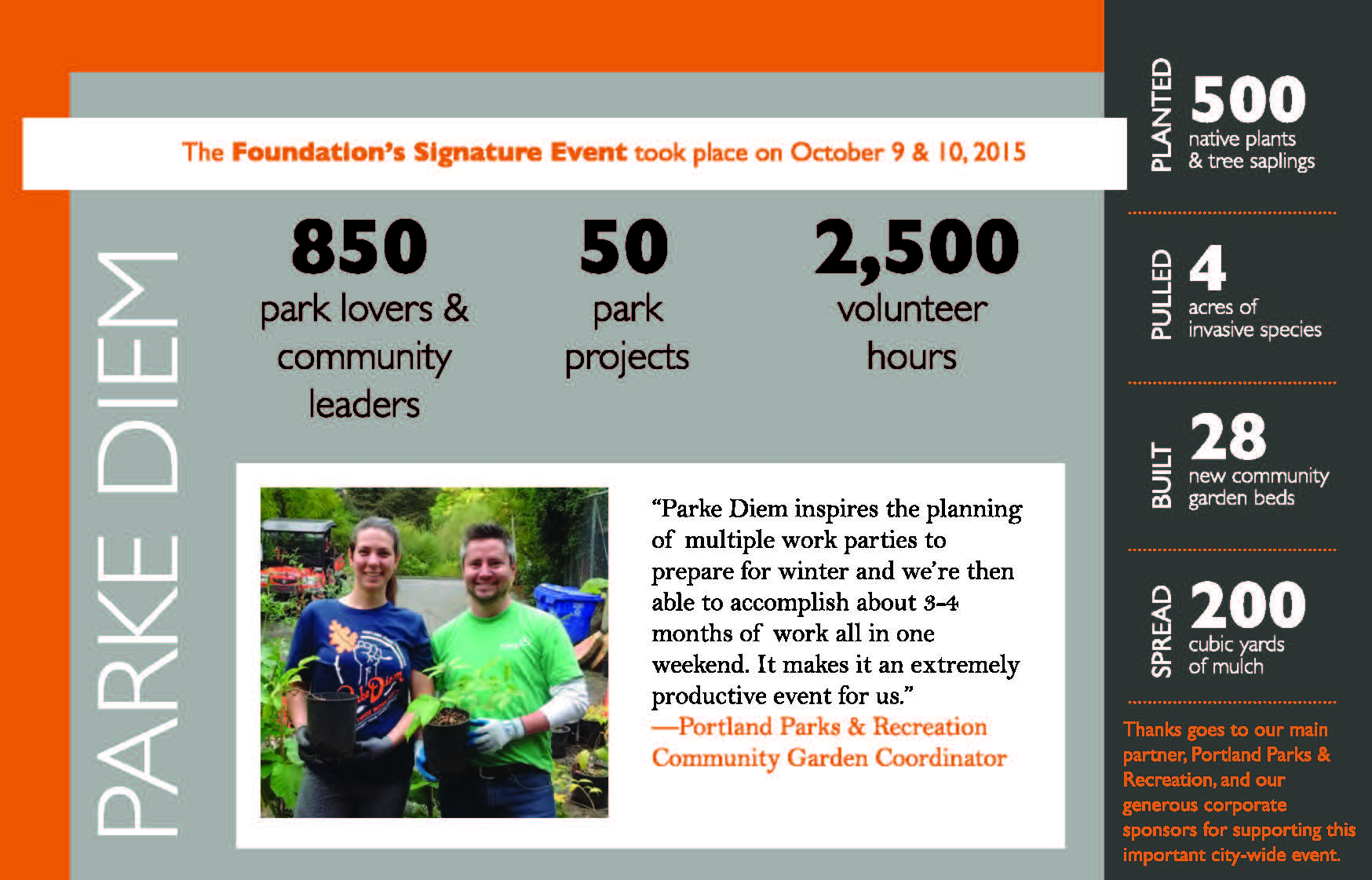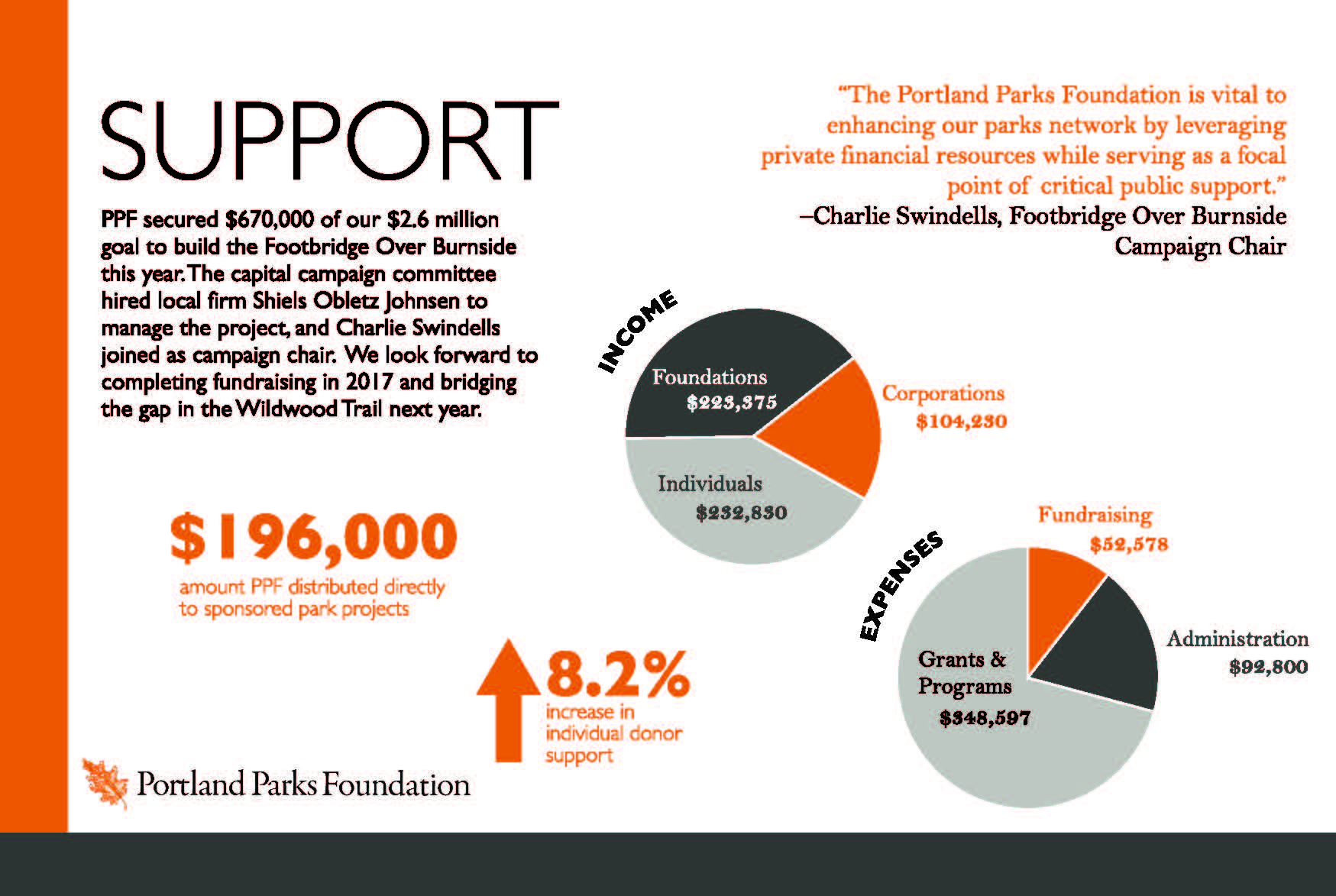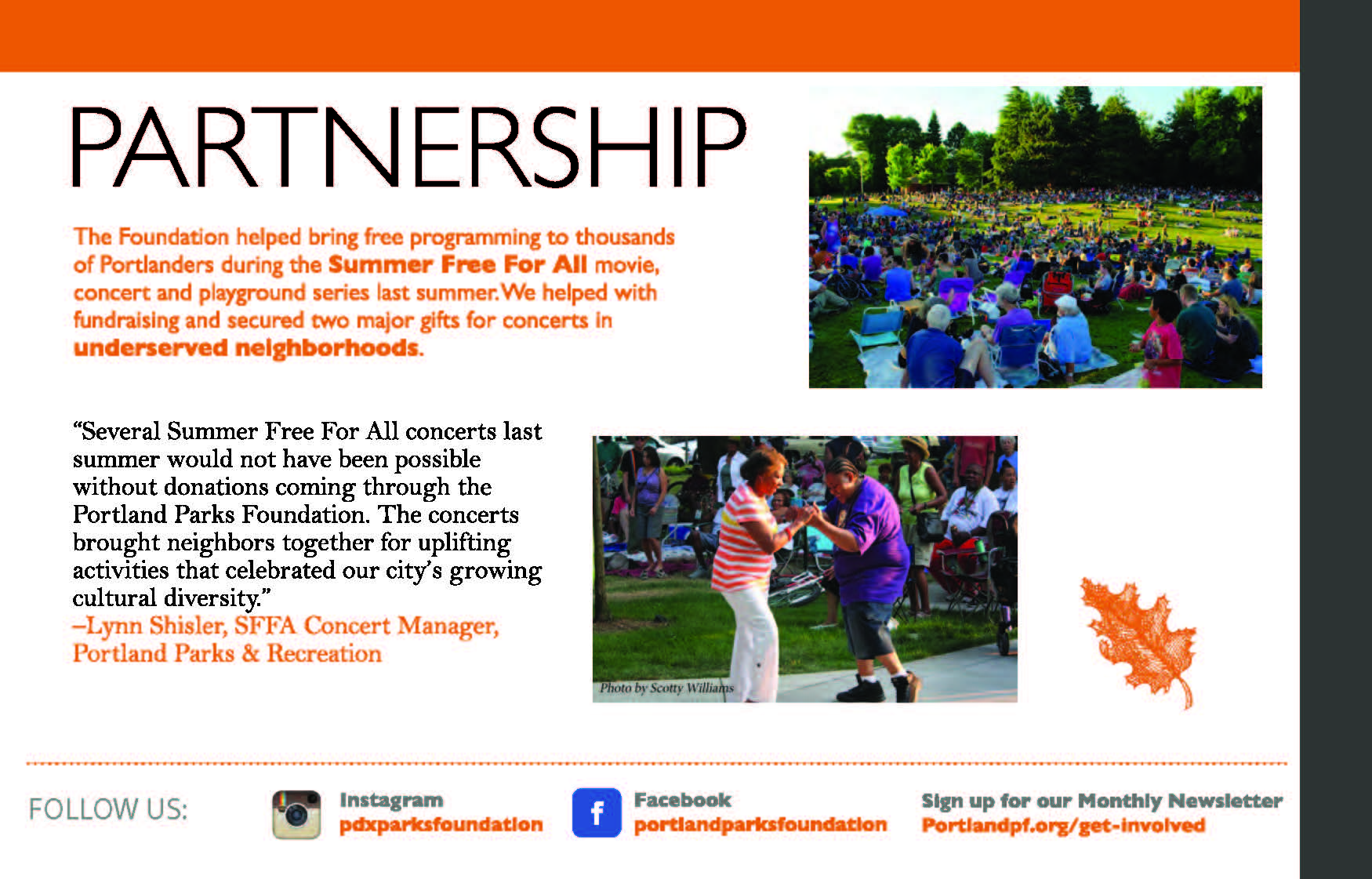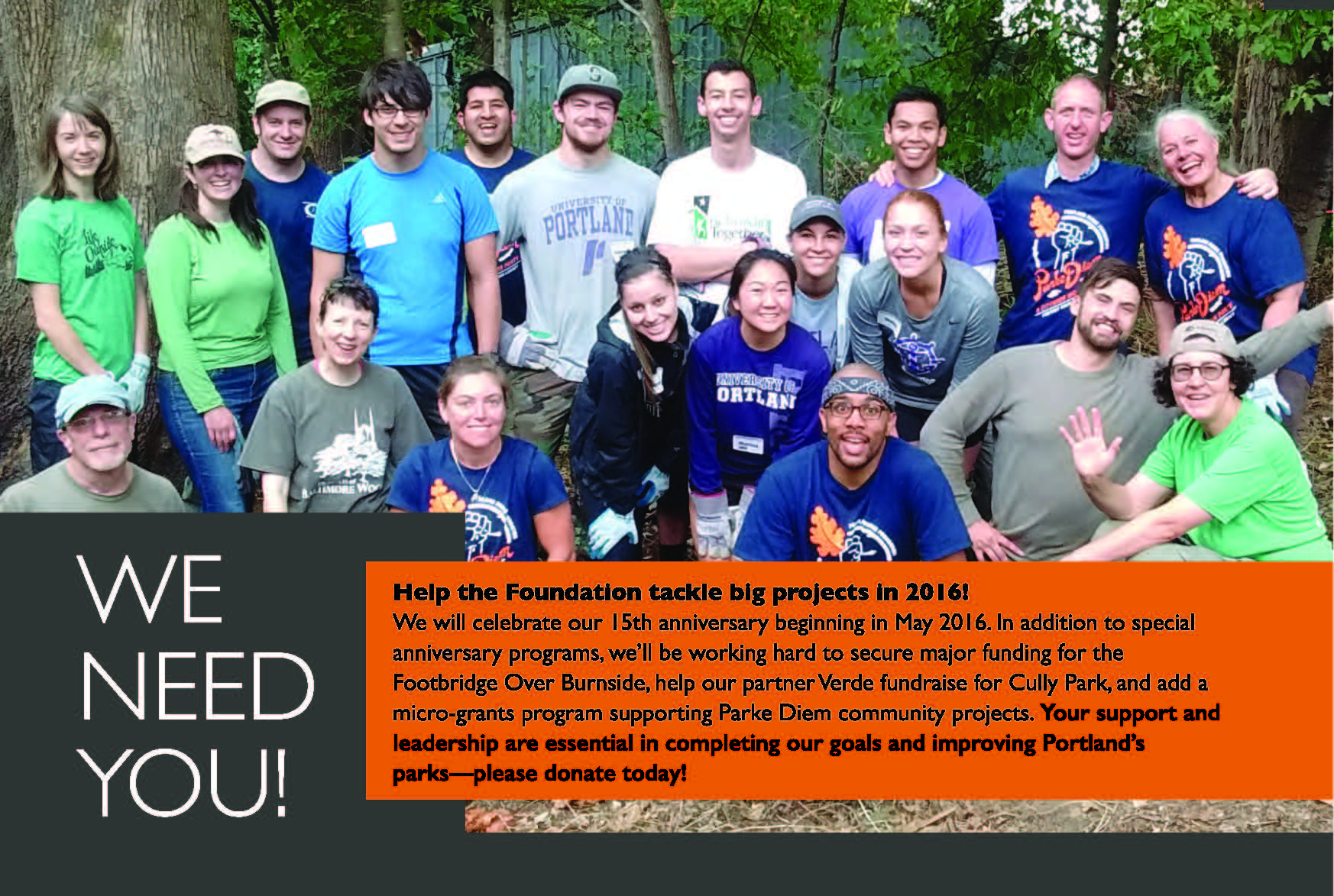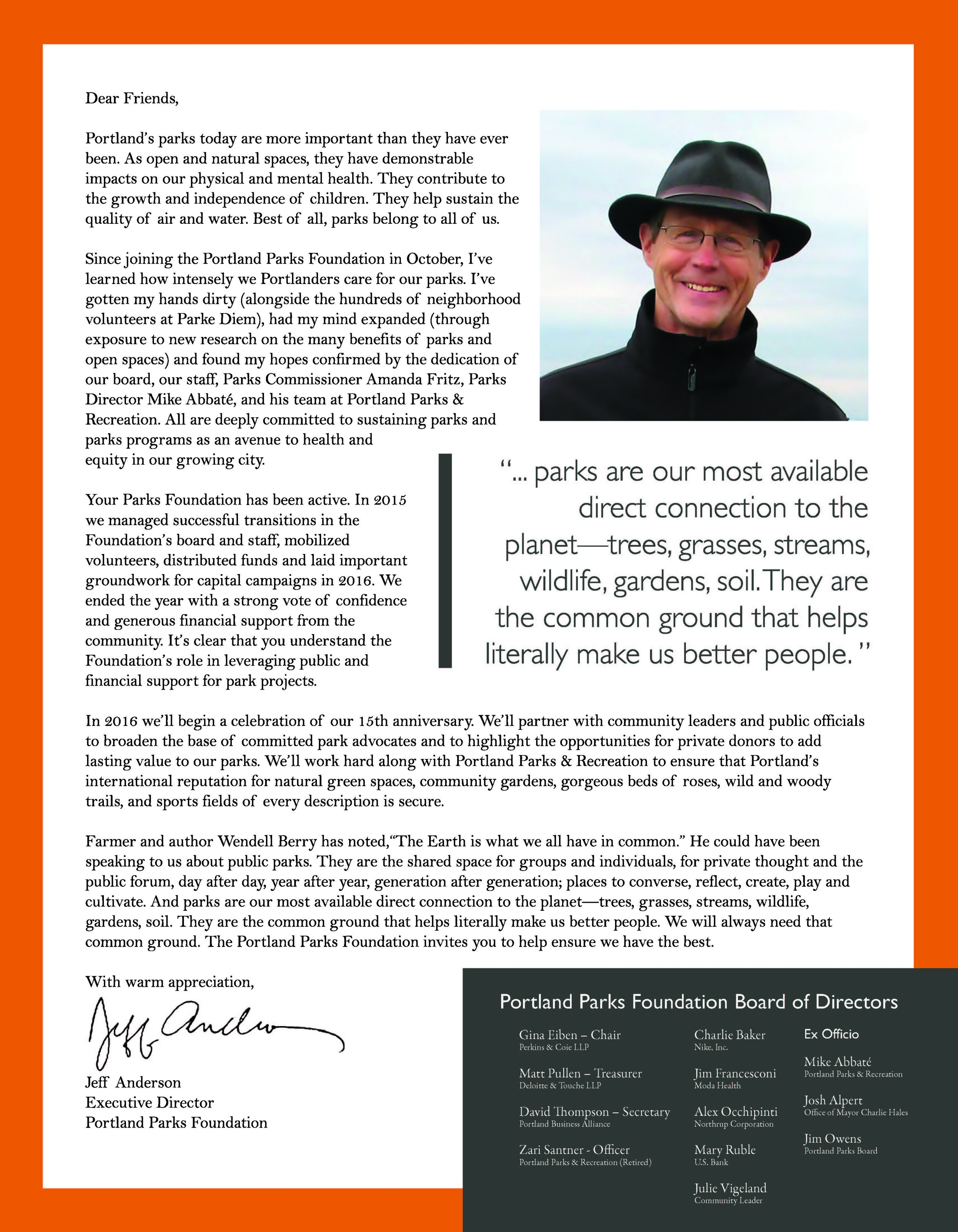Re-imagining Portland: Parks, Public Space, Memory, Creativity, and Spatial Justice
Lectures and Ongoing Programs
In the last year, Portland’s downtown and other urban districts have faced growing challenges. The pandemic has hurt and shuttered businesses leaving the city’s normally bustling street life muted or gone. The humanitarian crisis of houselessness has left many of our most vulnerable Portlanders on the streets. Many public buildings, institutions, arts organizations, and private businesses have been damaged or vandalized.
At the same time, the city has become an epicenter for protests against Portland’s, Oregon’s, and America’s deeply rooted racism. Monuments have been toppled or officially removed for reconsideration. Marches, street theater, and murals have transformed our parks and public spaces into stages and canvases filled with urgent and creative calls for meaningful change.[1]
Portland’s once-nationally celebrated 50-year legacy of downtown and neighborhood revitalization has come to a pause, a disruption, and a collective opportunity to ask fundamental questions:
How can we heal a history of exclusion?
Who and what are our public spaces for?
Who and what should we commemorate?
Can we foster more inclusive forms of commerce and creativity?
The Portland Parks Foundation, Regional Arts & Culture Council, the Portland Art Museum, and Converge 45 would like to bring Portland’s most creative minds together to begin to debate and discover possibilities.
Our organizations, along with many other community partners, will start this exploration with talks by two of the nation’s leading voices on spatial justice and public memory. We will follow these with convenings, collaborations, and actions to foster new thinking and outcomes in public space, memory, commerce, and creativity.
Liz Ogbu, Studio O, designer, urbanist, racial and spatial justice activist
In conversation with Manuel Padilla, Oregon Solutions
Wednesday, March 17, 2021 at 5 pm on Zoom
Admission is free, but donations are accepted
A designer, urbanist, and spatial justice activist, Liz is an expert on engaging and transforming unjust urban environments, "looking at what it means to examine the spatial and emotional wounds of the places we inhabit and how we might move towards repair." Her multidisciplinary design and innovation practice, Studio O, works on a wide array of initiatives from designing shelters for immigrant day laborers to developing a Social Impact Protocol for housing initiatives in 44 states.
“I design the space that helps support people to live their best stories,” Liz said in a recent talk, Design in the Apocalypse. “Justice has a geography. The equitable distribution of access, services, and opportunities is a basic human right.”
Liz Ogbu’s lecture is co-sponsored by the University of Oregon’s Urbanism Next Institute.
Read more about Liz Ogbu here:
She served in the inaugural class of Innovators-in-Residence at IDEO.org, IDEO’s nonprofit dedicated to fostering global poverty reduction and as Design Director at Public Architecture, a national nonprofit mobilizing designers to improve communities through design. Her 2013 TED Talk and 2017 TED Talk have been viewed over a million times. She is an alum of Wellesley College and the Graduate School of Design at Harvard University.
Manuel Padilla has worked in peace building, conflict reconciliation, restorative justice, and conducting public dialogue toward culture change. He is a project manager with Oregon Solutions, which brings business, government, and nonprofits to the table to address community needs.
Cleanse: A Dialogue on Art and Public Space with Paul Farber and Michelle Angela Ortiz
Facilitated by Jaleesa Johnston, Portland Art Museum
Photo provided by Mural Arts Philadelphia.
Tuesday, April 20, 2021 at 12 pm on Zoom
Admission is free, but donations are accepted
Paul Farber is Director and Co-Founder of Monument Lab, a public art and history studio based in Philadelphia that cultivates and facilitates critical conversations around the past, present, and future of monuments. The Lab works with artists, students, educators, activists, municipal agencies, and cultural institutions on participatory approaches to public engagement and collective memory and to make generational change in the ways art and history live in public. Farber is author of A Wall of Our Own: An American History of the Berlin Wall and co-editor of Monument Lab: Creative Speculations for Philadelphia. He also currently serves as Senior Research Scholar at the Center for Public Art & Space at the University of Pennsylvania Weitzman School of Design. Read more about Paul Farber here.
Michelle Angela Ortiz is a visual artist, muralist, community arts educator, and filmmaker who uses her art to represent individuals and communities whose histories are often lost or co-opted. For 20 years, she had created community engagement methods that take into account the issues of responsibility, accountability, and ethics within the field of social practice and community arts. From murals to temporary large-scale installations, her public artworks share stories using richly crafted and emotive imagery to claim and transform spaces into a visual affirmation that reveals the strength and spirit of the community. Read more about Michelle here.
Jaleesa Johnston is an interdisciplinary artist, educator and arts administrator. She holds a BA from Vassar College and an MFA from the San Francisco Art Institute. She has been the recipient of the AICAD Post-Graduate Teaching Fellowship and Centrum’s Emerging Artist Residency. In addition to her role at the Portland Art Museum as Programs Lead in the Learning and Community Partnerships Department, Johnston also teaches in Foundation, Photography and Video + Sound at the Pacific Northwest College of Art.





